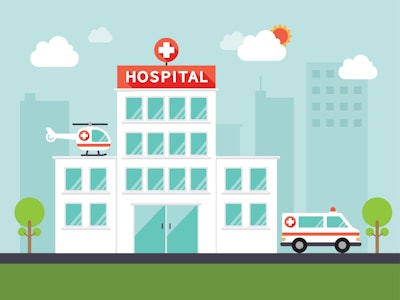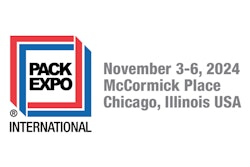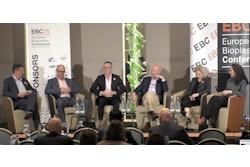
Key Takeaways:
- First-of-its-kind research collaboration for Takeda and Boston Medical Center
- Three-year collaboration to tackle carbon emissions from regulated medical waste, including pharmaceutical packaging
- Learnings will be shared to scale decarbonization solutions across the healthcare value chain
Takeda and Boston Medical Center (BMC) announced a new collaboration focused on identifying innovative solutions that can reduce hard-to-abate greenhouse gas (GHG) emissions in the healthcare sector. The collaboration between Takeda and BMC aims to reduce the GHG emissions caused by disposal of regulated medical waste, such as pharmaceutical packaging and single-use plastics, which are among the most difficult environmental challenges facing the industry. The effort will also seek to scale the interventions developed through the collaboration by sharing best practices to help other organizations adopt and learn new ways to decarbonize in their operations to drive wider healthcare ecosystem impact.
"At BMC, as a national leader in environmental excellence, we have long recognized that sustainability is health care,” said Robert Biggio, Senior Vice President and Chief Sustainability & Real Estate Officer at Boston Medical Center Health System. “Increasing health risks exacerbated by climate change, such as extreme heat, pollution, biodiversity loss and other environmental impacts are a real and direct threat to patient and community wellbeing. Our collaboration with Takeda aims to drive meaningful change by tackling environmental challenges that contribute to health disparities in many communities. This collaboration is a critical step in driving innovation in the medical supply chain that can be shared with other health care organizations for a healthier environment for all communities.”
A key objective of this collaboration is to effectively identify, pilot, and share valuable insights on decarbonization solutions that other healthcare organizations can adopt as they also seek to reduce greenhouse gas emissions. This may include engaging with other industry stakeholders, such as suppliers, waste vendors, and packaging providers to share and establish new best practices and practical applications.
As a part of this collaboration, Boston Medical Center will conduct waste audits across key clinical areas to identify emission hotspots and pilot new technologies aimed at reducing emissions from the disposal of regulated medical waste, including pharmaceutical packaging. BMC, recognized with multiple Practice Greenhealth Top 25 Environmental Excellence Awards, is the first hospital in the nation to leverage a rooftop solar array to provide energy bill credit to eligible patients facing energy insecurity. The hospital built two rooftop farms supplying fresh produce for the hospital's food pantry, patient meals, and local community organizations, and opened the first net-zero ready for energy behavioral health facility—among other leading initiatives. BMC was also the first nonprofit health care organization in the country to issue sustainability bonds with a $232 million bond sale for campus renovations to better support patient care.
“Takeda understands the undeniable connection between human and planetary health,” said Teresa Bitetti, president of Takeda’s global oncology business unit. “To help us develop solutions and tackle some of the most difficult environmental challenges the health care industry is facing, we need bold collaborations with organizations like BMC. We are proud to partner with BMC, an organization that shares our commitment to advancing environmental sustainability, improving patient health and supporting innovations across the broader healthcare ecosystem.”
For Takeda, this collaboration supports its ambitious climate goal to reach net-zero greenhouse gas (GHG) emissions in its operations by 2035 and across our value chain by 2040. In 2024, the Science Based Targets initiative (SBTi) validated Takeda’s net zero GHG emission goals as being consistent with reductions required to limit the rise in global temperature to 1.5°C above pre-industrial levels.


























